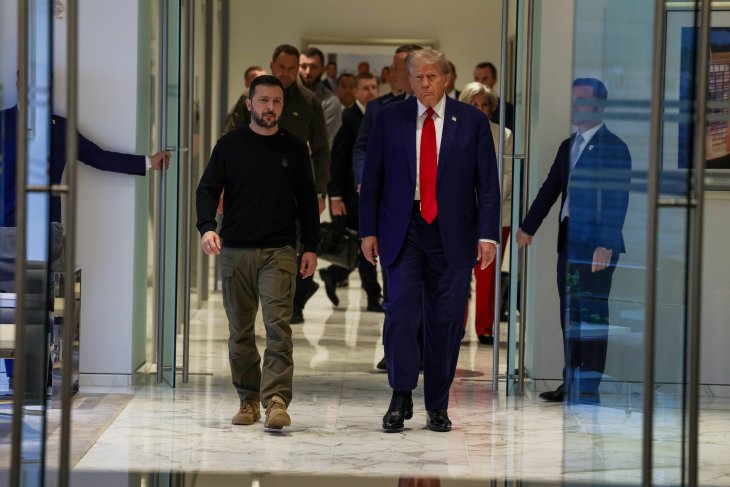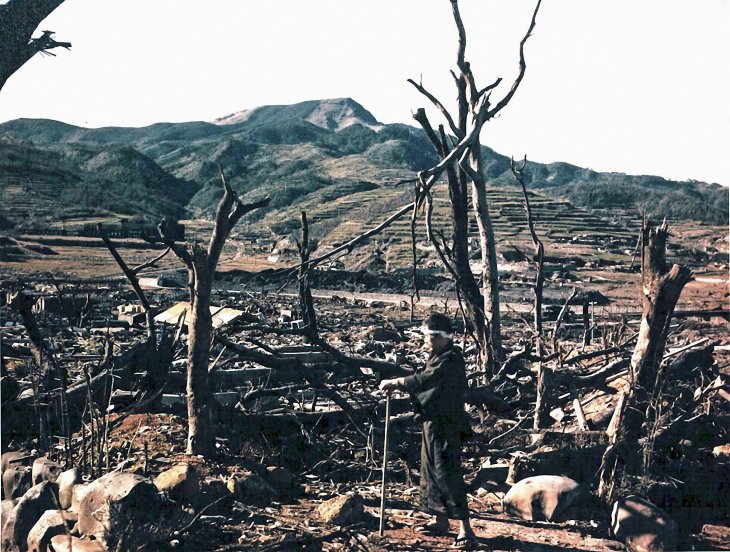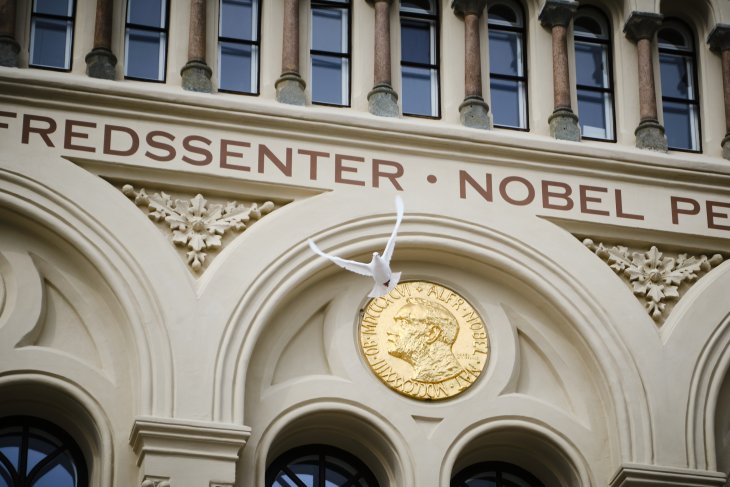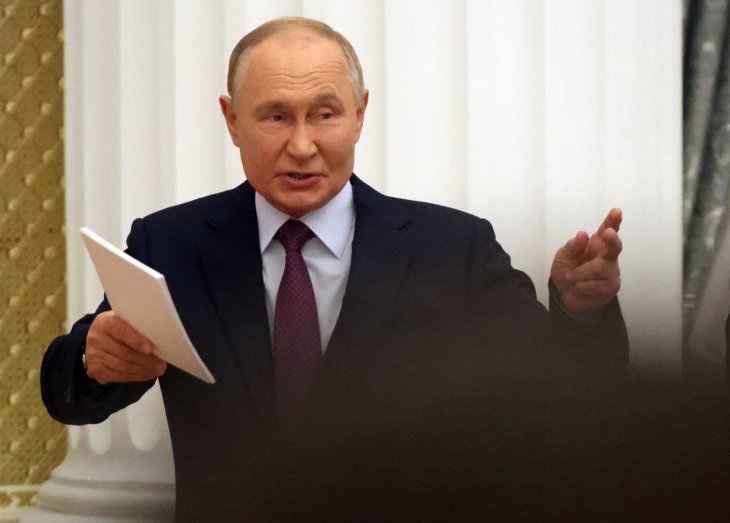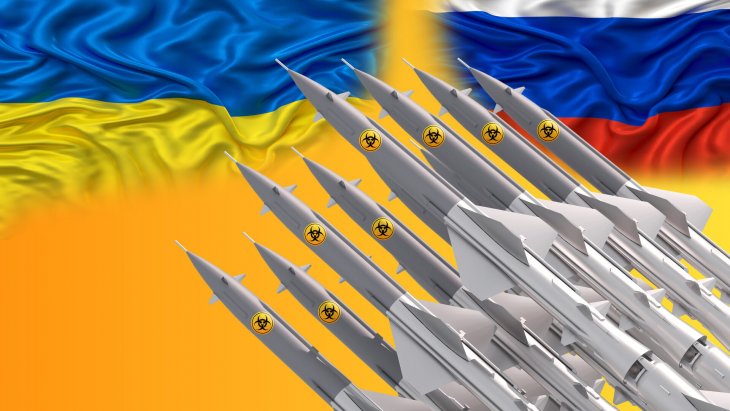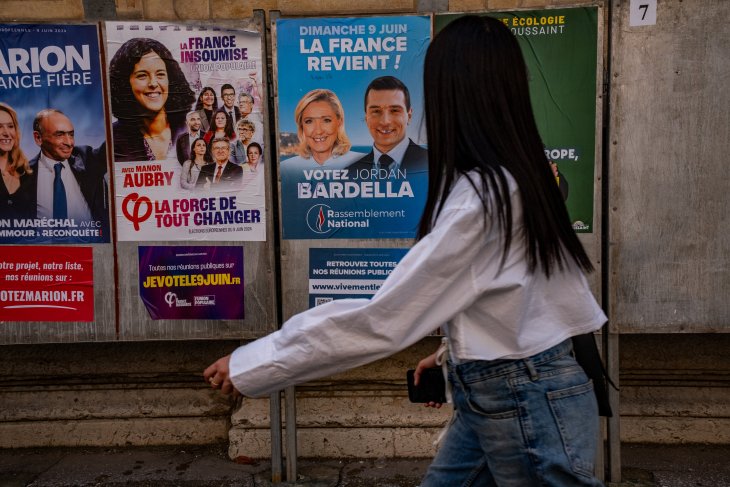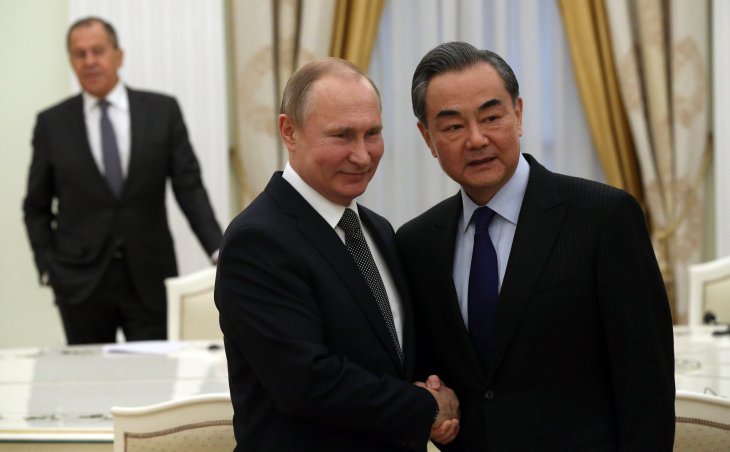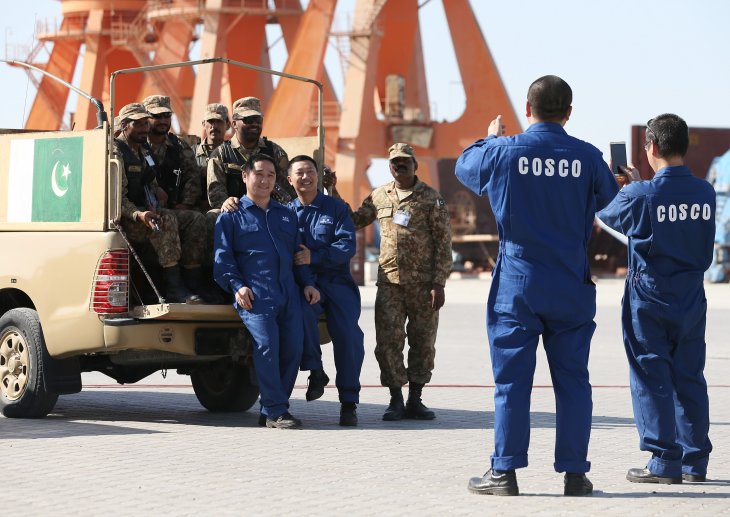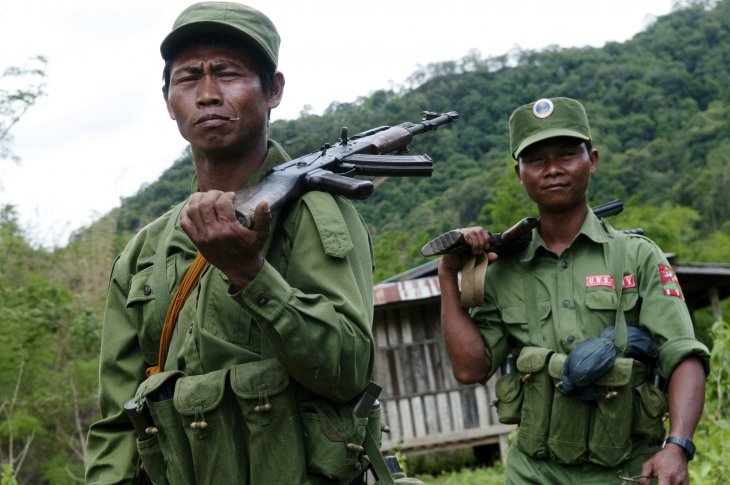The International Criminal Court (ICC) is in trouble.
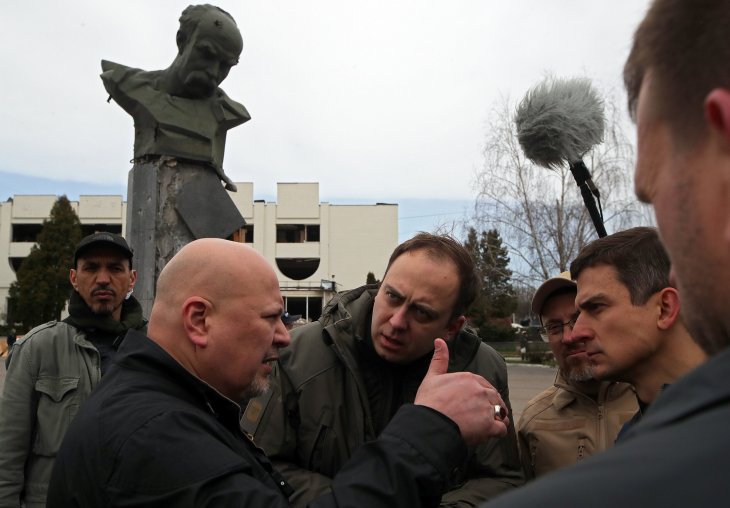
A brief ‘revitalization’ of the ICC due to its swift reaction to Russia’s 2022 full-scale invasion of Ukraine: The Prosecutor of the International Criminal Court (ICC) visiting Kyiv Region, Ukraine. Photo: Pavlo_Bagmut/ Ukrinform/Future Publishing via Getty Images
To commentators and observers of the Court, one crisis seems to lead on to the next, so that the field of international criminal justice has been described as being in ‘perpetual crisis’.Read More
